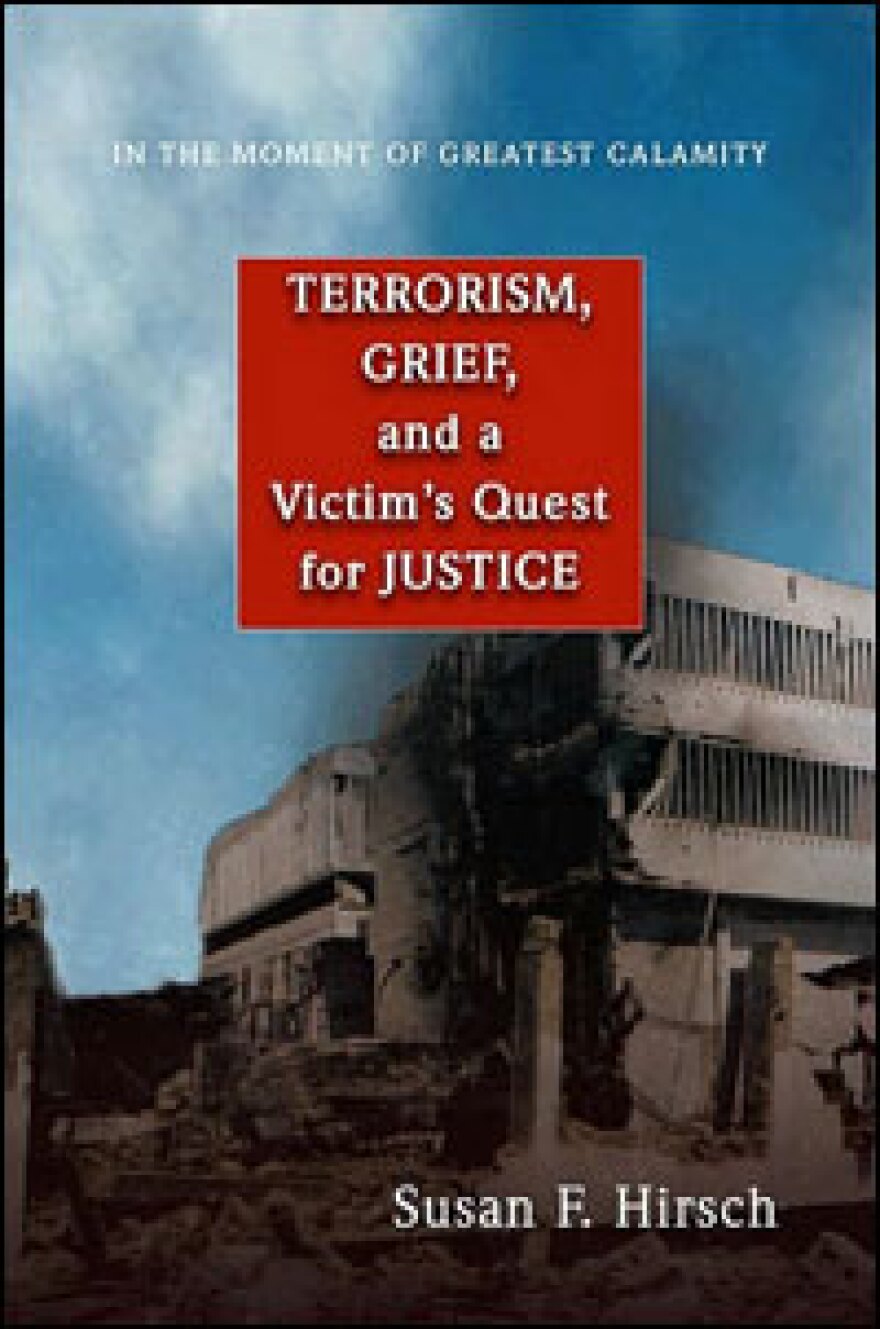
My husband and I met in the mid-1980s, when I arrived in Malindi, his coastal Kenyan town, to undertake a year-long study of contemporary Islamic law courts for my doctoral dissertation. His nickname was Jamal, which means beauty. His father, a respected elder in the Swahili Muslim community, was a key informant for my project, and his extended family welcomed me into their homes and lives. It was the anthropologist's ideal of intensive research, what we call "participant/observation." My relationship with Jamal developed over the next decade, as I worked toward my degree, and Jamal built a small family business and gained stature as a community leader. With Jamal's assistance, my writing about life and law in Malindi highlighted the richness of Swahili culture, with its dual origins in Africa and the Middle East, and the uniqueness of coastal East African Islam, with its emphasis on piety, moderation, and pluralism. When my book was published a few weeks before the bombings, we celebrated its portrayal of Kenyan Muslims, which countered common misconceptions of Islam as hostile to the West, or inherently fundamentalist or sexist.
Ours was an unlikely but successful love, partnership, and understanding across continents, "races," religions, cultures, languages, and ways of life. Just two weeks before his death, Jamal and I had stopped in the U.S. Embassy in Dar es Salaam to pick up his immigrant visa for his first trip to the United States. After years of negotiating distance, we planned a fresh start together.
The embassy bombings destroyed our plans.
Just hours after the explosions, the unquestionable power of law to define the event became evident to me when Dar es Salaam's main hospital refused to release the victims' bodies, citing instructions from "American officials." We were caught between two legal systems: American criminal law, which required a thorough investigation, and the Islamic rules that mandate burial before sunset on the day of death. Waiting increased my anxiety, and Jamal's family in Kenya was understandably, though frantically, insistent to have him returned to Malindi for a proper burial as soon as possible.
Over the next two days my telephone rang constantly, and, pacing my apartment at the University of Dar es Salaam, I fielded dozens of sympathy calls and visits in a haze of shock and grief. Jamal's family called every couple of hours to check on the status of our return. As I negotiated logistical snafus with the numb efficiency that can be an aftereffect of trauma, CNN International blared nonstop for the many friends and colleagues who came to pay respects. Over and over Osama bin Laden's picture appeared with statements explaining nothing: "A Saudi businessman linked to terrorism, he is suspected of involvement in the East African embassy bombings." Tanzanian friends, some Muslim, were confused. None of us had ever heard of bin Laden or al Qaeda. "If he did it," one asked, "why don't we know anything about him?" Another remarked, "He looks like an old man. How could he have done something like this?" "They say he did this all the way from Afghanistan. Where is that? It's not even in Africa."
Three days after the bombings, it seemed we would never leave for Kenya, and the growing tension brought on bouts of hysteria. In a rage born of frustration and grief, I called the official in charge at the U.S. Embassy, Deputy Ambassador John Lange, and demanded the release of Jamal's body. Taking on my anthropologist's role as an interpreter across cultures, I explained that Jamal's family was Muslim, which meant that an immediate burial was imperative. Ambassador Lange apologized for the delay. He said he had just gotten off the phone with President Bill Clinton, who had asked him to do two things. First, the president wanted his sympathies conveyed to the victims; and, second, he urged Lange to take every possible measure to preserve evidence from the crime scene. Hearing this, I resigned myself to wait until the autopsies were completed. Five days after the bombing, Jamal's body was released, and we left for Kenya where he would be buried and I would begin the long process of pulling together my shattered self.
Excerpted from In the Moment of Greatest Calamity by Susan Hirsch. Copyright 2006 Princeton University Press.
Copyright 2023 NPR. To see more, visit https://www.npr.org. 9(MDM3NjYwMjA5MDE1MjA1MzQ1NDk1N2ZmZQ004))

